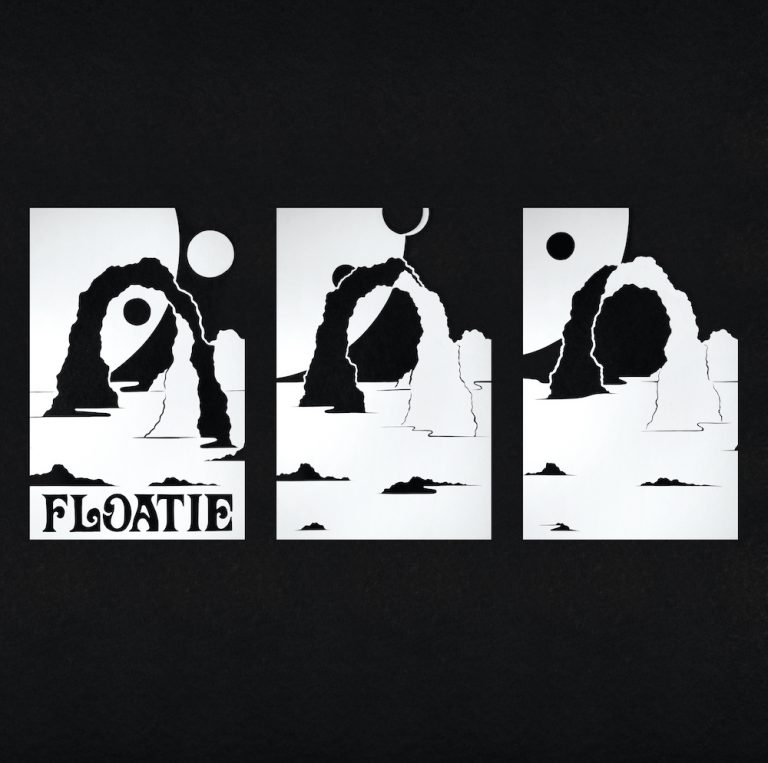Since the beginning of the century, there has been a light trend among indie rock artists to incorporate elements of math rock into their music. Math rock is characterized by chaotic song structures, complex time signatures and seemingly broken rhythms; perhaps the most famous example of the crossover between math rock and indie rock is Foals’ 2008 debut album Antidotes, while in the most popular sound in indie music of the time was that of The Strokes or Arctic Monkeys. In recent years, math rock-infused indie has been on the rise with acts such as black midi, Them Airs, Peaer, and Palm. The sound of these artists is unified by being quite dynamic and active. This is where Floatie comes in.
Lesser-known than their aforementioned colleagues, the Chicagoans’ debut album Voyage Out certainly stands out sonically from other such acts in that their music is much softer and almost weightless — truly ‘floatie’. Because regular math rock is characterized by crazy rhythms and weird harmonies, it tends to induce a rather anxious and unresolved feeling when listening; even Midwest-emo bands such as American Football carried a lot of tension in their music, regardless of the melancholic emo aesthetic. Floatie take a calmer approach, which creates an interesting concept: relaxed math rock.
To a certain degree, Floatie are closer to the Japanese variant of contemporary math-rock laced with indie than to the western sound of the genre. Listening to Voyage Out, one is simultaneously reminded of Japanese bands like LITE or toe., while also hearing echoes of Canadian chill indie artists like Mac DeMarco or Men I Trust. Most importantly, Floatie confidently incorporate math rock-type of guitar riffs at high tempos (similar to classics of the genre), while keeping the calmness of the overall compositions.
Voyage Out flows like a single composition, which is a level of consistency that is quite difficult to achieve due to how chaotic this genre is. More accessible than the dense classics, such as Polvo’s Today’s Active Lifestyles or Don Caballero’s What Burns Never Returns, I would be as bold as to say that Floatie’s debut album is a perfect introduction for someone looking to get into math rock.

